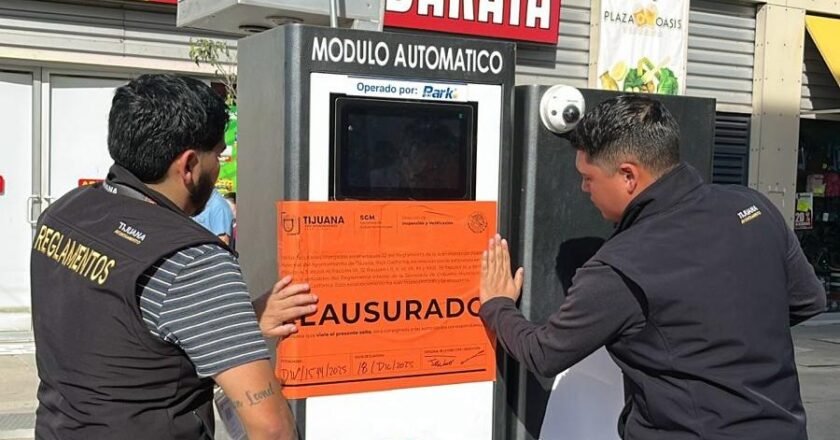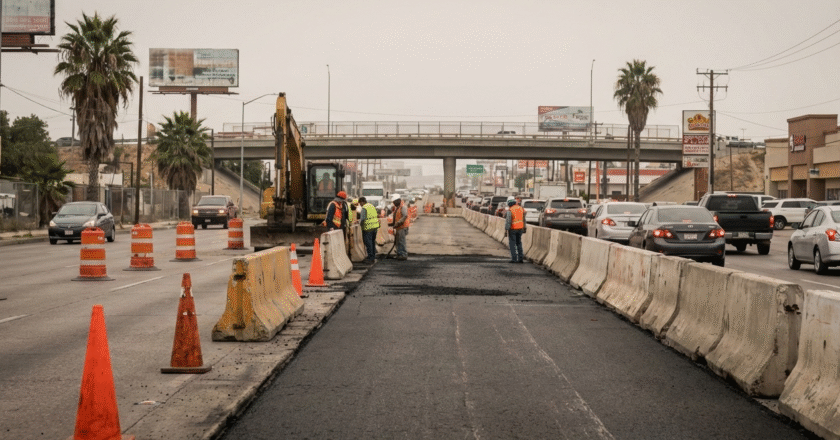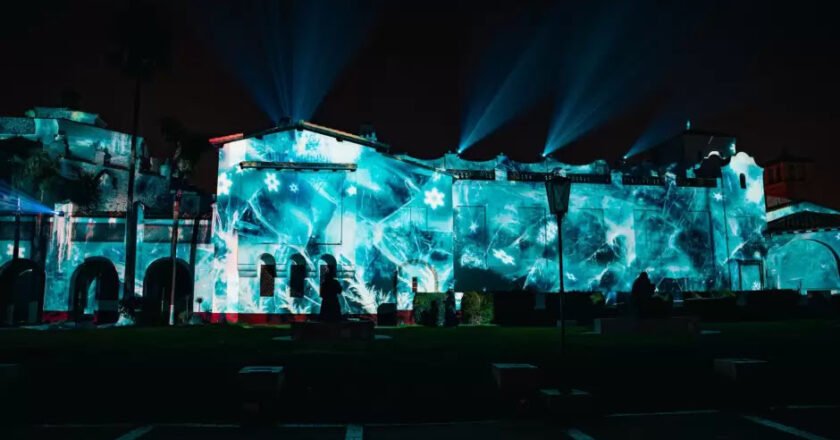If you’ve ever been on a Carnival cruise—especially the short ones out of Long Beach to Ensenada—you know there are …


If you’ve ever been on a Carnival cruise—especially the short ones out of Long Beach to Ensenada—you know there are …

How to download a PDF of this publication:1. Locate the icon toolbar at the bottom part of the newspaper window. …

Every winter, Ensenada gets quieter on land and louder at sea. The tourists thin out, the mornings sharpen, and then—right …

Same River, New Promises, Familiar Smell The Tijuana River has never needed much help making its presence known. You don’t …

Rain never arrives quietly in Baja. Instead, it slips in like an uninvited guest who still knows exactly where the …

In Tijuana, parking is part of the city’s daily rhythm, because it is where errands begin, plans adjust, and people …

When a Hole Becomes a City Problem In Tijuana, a socavón is never just a hole. It sneaks into your …

If you’ve walked past the Centro Cultural Riviera after sunset this week and wondered why the building suddenly looks alive, …

How to download a PDF of this publication:1. Locate the icon toolbar at the bottom part of the newspaper window. …

State Government Highlights Responsible Budget, Inflation-Only Adjustments The Baja California state government has officially confirmed that there will be no …